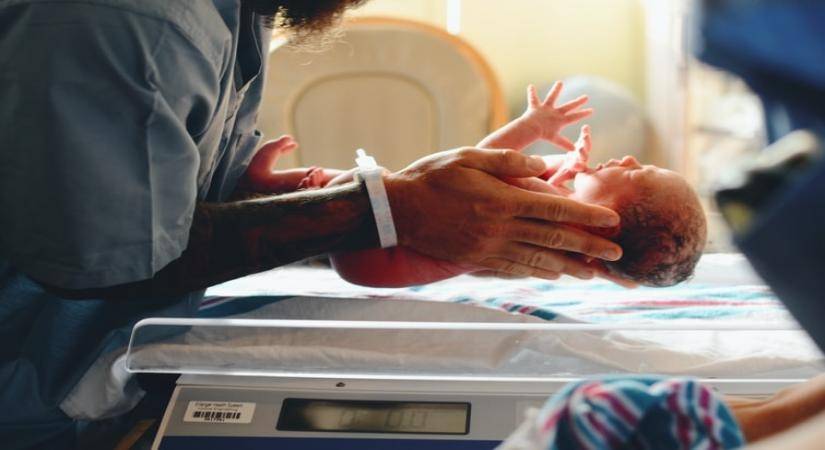Covid 19 pandemic is still there as the greatest crisis of the world. The UN Population Fund (UNFPA) said there were an estimated 1.4 million unplanned newborns across the world as the Covid-19 pandemic disrupted the lives of women in lower- and middle-income countries.
The projection looked at contraceptive service disruptions in 115 lower- and middle-income countries from last year, the agency said in a statement on Thursday.
Travel restrictions, interrupted supply chains and overwhelmed health facilities disrupted access to family planning facilities, Xinhua news agency reported citing data from UNFPA.

“These latest figures come even as many countries, particularly high-income countries, show early signs of steeply declining birthrates,” the agency said.
“Together, the findings demonstrate how severely women’s reproductive destinies have been altered, and their preferences undermined, by the pandemic.”
The unintended pregnancies put a tremendous strain on families struggling under pandemic-related financial burdens, the UNFPA said.
Increased maternal morbidity and mortality and rising numbers of unsafe abortions also link to unintended pregnancies.
Projections show that family planning service disruptions involved about 12 million women, mostly in April-May 2020, with an average duration of 3.6 months.
The UN agency said the situation could have been worse without quick action and ingenuity, allowing many health systems to maintain or restore access to essential health services, including contraceptives.

The UNFPA said that because of creative efforts it was able to deliver contraceptives and other reproductive health supplies and personal protective equipment for health workers, even amid rising costs and supply chain constraints. Those efforts included a ride-hailing app to help deliver contraceptives, SMS-text messaging and targeting family planning counselling in quarantine centres.
Still, the agency said, many women continue to face severe obstacles to receiving family planning and other life-saving reproductive health services.
Also Read-Acute malnutrition in children at record-high
Read More-LITE VIEW: Giving children with cancer a fighting chance

